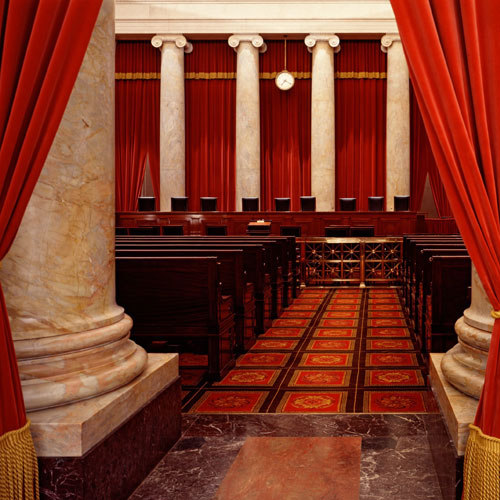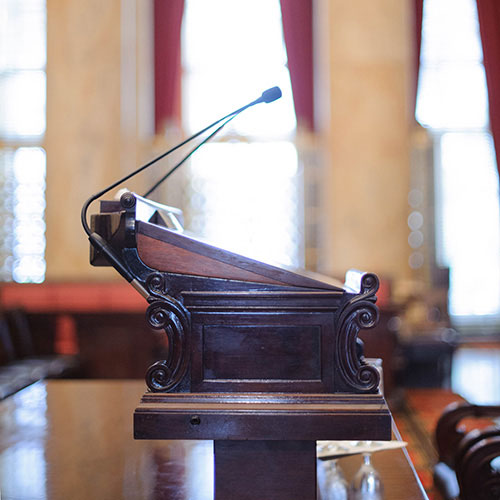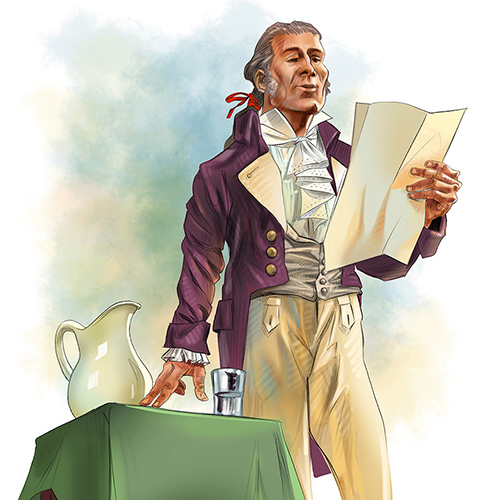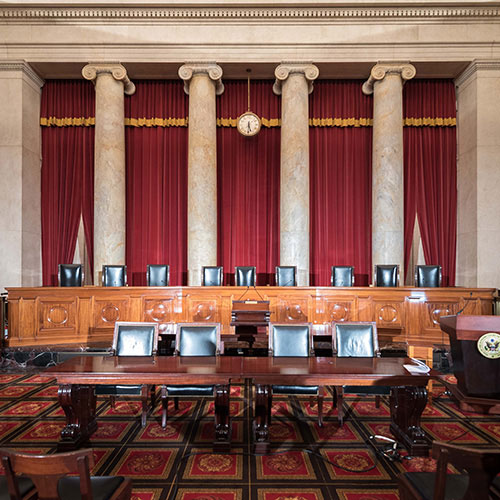By Jim Duff
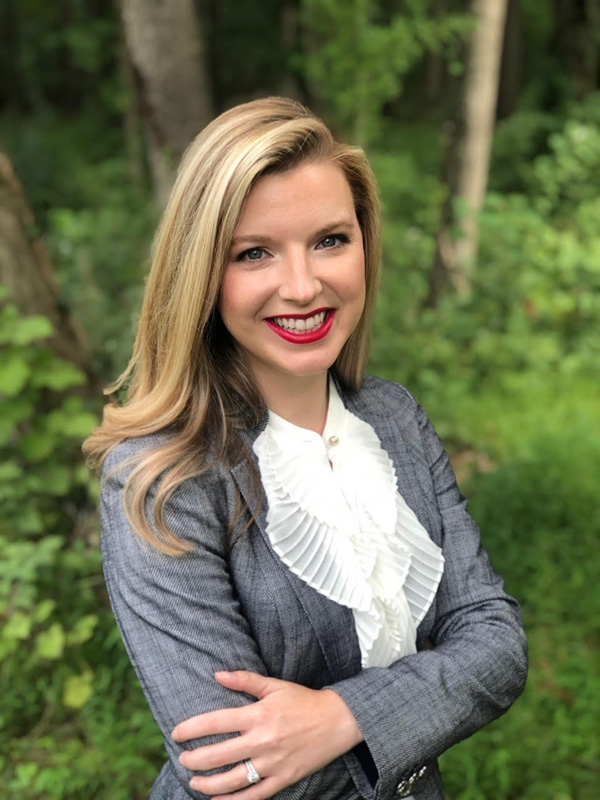
Many have observed that civic education has declined considerably in the United States in recent years. Increased focus on STEM education in our schools has produced benefits, to be sure, but a corresponding reduction or, in many school districts, elimination of civic education has had a measurable adverse impact on students’ knowledge of how our three branches of government work.
Our Founders believed that the best way to preserve our liberties is to have an educated public. The decline in a fundamental understanding of the importance of separation of powers in our government, for example, puts our liberties at risk. More recently in that regard, Chief Justice John Roberts, Jr. voiced the need to rejuvenate civic education and he encouraged judicial branch employees to volunteer time and energy to educate the public about our system of government.
The Supreme Court Historical Society’s mission is to contribute to the public’s understanding of the Supreme Court, the federal courts, and the importance of an independent Judiciary. In fulfillment of its mission, the Society is embarking on several new initiatives to increase its outreach beyond its very successful and on-going partnership with the Street Law program for secondary school teachers. One initiative will include tutoring and mentoring programs that will engage with students directly. These programs will be localized to teach students about Supreme Court cases that originated in their hometowns and help students understand the Court’s work through a local lens. Details of our initiative will be described in the weeks ahead.
As we launch our new programs, we are very pleased to announce the selection of Nicole Carlson Maffei as our new Director of Civic Education. Nicole brings great enthusiasm to her work and an in-depth background in Civics and Social Studies curriculum development from her ten years of experience in the Baltimore County Public Schools. She was responsible for ensuring that all social studies curriculum aligned with the National Council for the Social Studies College, Career and Civic Life (C3) framework as well as the MSDE standards. She created partnerships with Street Law, the National Humanities Center, the New York Historical Society, and the DBQ Project on behalf of Baltimore County Public Schools and was a frequent presenter at various NCSS conferences, among others. Her immediate grasp of our goals and energetic motivation to improve civic education was a perfect fit for the Society. Nicole is a native of Baltimore County, Maryland and graduated from Auburn University, Cum Laude in Political Science and has an advanced Masters degree in Teaching from Towson University. Welcome Nicole!
